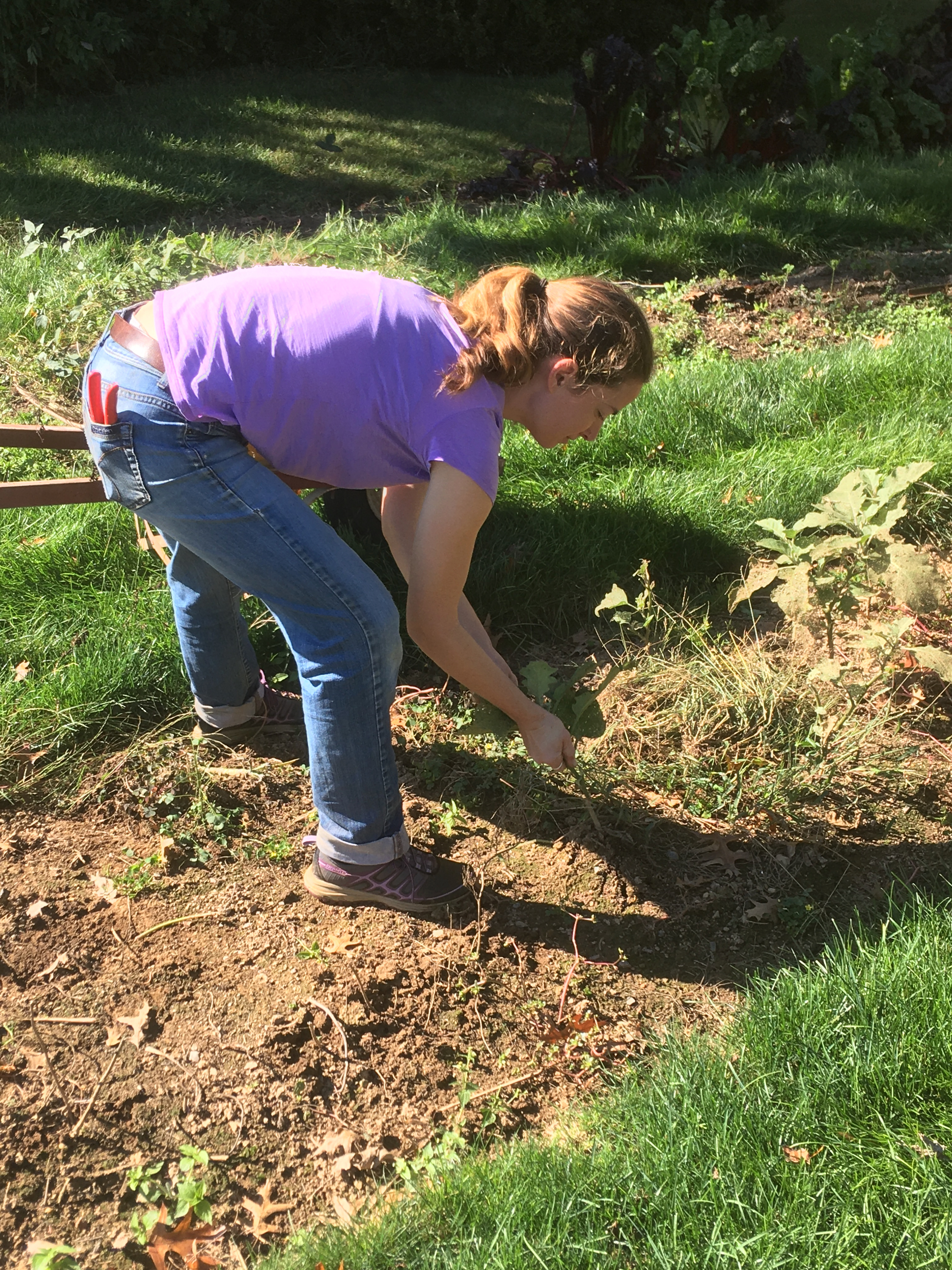A sermon for these strange and heartbreaking days, not unlike the strangeness and heartbreak of the story in John 11:1-45, the gospel lectionary text on Lent 5, Year A. Madison Mennonite continues to worship virtually with one another, and will do so for the indefinite future. How do we stay connected to one another and to our Source of Hope in the midst of great pain?
This is a story of love and pain. Of the way love and pain mix, sometimes a little too easily so that it’s hard to know which came first or if it’s possible to have one without the other.
John writes repeatedly in the text that Jesus loves Martha, Mary, and Lazarus in a unique way. One begins to wonder, hearing how much Jesus loved them, if Jesus sees this little family in Bethany as his “chosen family.” The people who see and know the sides of Jesus that the crowds don’t see. The people who, regardless of biology or law or tribal loyalties, have deliberately chosen to be kin for one another. To support one another as equals.
In other words, while Jesus is probably not closely, biologically related to Martha, Mary, and Lazarus, the four of them share a deep bond that is not broken by geographical distance, or by differences of opinion, or even by long periods of time spent apart.
This story is marked by pain. The deep pain that comes with death and loss. With questions if a family member has betrayed his beloved ones. With moments of raw and overwhelming emotion on display.
Love and pain mix, for Martha, Mary, and Jesus, as love and pain both become more real and more profound throughout the story. And it’s in sacred moments of complete vulnerability, where love and pain meet face to face.
Martha, runs out of her home, the sphere of her influence, to meet Jesus on the road. Martha starts to question Jesus’s love, saying, “If you had been here, my brother would not have died.” She could have stopped there. It would have made sense. But instead of closing off and giving into her fear, she stays vulnerable in the moment, and says, “But even now I know that God will give you whatever you ask.” Martha owns her grief, but isn’t willing to turn her back on her beloved brother, Jesus.
Mary also runs out to meet the teacher, leaving her home and the comfort of those who grieved with her. She repeats her sister’s accusation, “If you had been here, my brother would not have died.” And instead of closing off, she roots herself in her woundedness. Standing next to Jesus, and overcome with sorrow, she weeps. In this moment, Mary is trusting completely that this chosen brother will not judge her for the emotions that overwhelm her.
There is a sacred moment of vulnerability when Jesus’ own non-anxious presence crumbles and seeing the distress of his beloved sisters, Jesus begins to weep.
Soon thereafter, Jesus again is vulnerable in offering a public prayer – the intimate words most often reserved for his moments of solitude are now spoken aloud in front of a crowd. To speak “Lazarus, come out!” is the most vulnerable yet – what if he fails and Lazarus remains cold?
Within the context of this chosen family, love opens each of them to the possibility of being deeply wounded. To be vulnerable is to open oneself to the potential for harm or even death.
But in this story, vulnerability born of love results in the transformation of relationships. It results in bold witnessing of the good news. It results in new life.
The good news of this text for today is that Jesus stands with us in the midst of great pain because of Jesus’ great love for us. The love of God does not erase the possibility of pain or suffering or death. The love of God does say that these will not ultimately win out.
Much of our current, collective pain derives in a virus. A sickness with the consequence of driving humanity apart. We, too, have the choice to close off, taking our distancing to new levels of isolation and finger-pointing.
But if we take our cues from Martha, Mary, and Jesus, we will resist closing ourselves off and instead become more vulnerable to the world we love. And to the community that we love. More present to our chosen families.
For many of us at Madison Mennonite, this community is our chosen family. For those who are joining beyond our typical group, I invite you to imaginatively connect in this moment with those you would call your chosen family.
While we are separated from other kinship networks or biological connections, we find deep love and belonging within our chosen family. These communities are a respite from the world’s pain. These communities are a source of renewal, transformation, and new life. They are a place where we might be seen and known and loved even in the midst of wilderness experiences we never planned for.
We can expect this week and the weeks ahead to be filled with deep pain, particularly if we love the world enough to, as our Jewish siblings say, “sit shiva” with the world. With Martha, Mary, Lazarus, and Jesus, may our love lead to acts of great vulnerability and ultimately the world’s transformation. Where trust holds. Where relationships endure. Where wounds are tended and heal. Where compassion has the last word.
I pray this be so.





